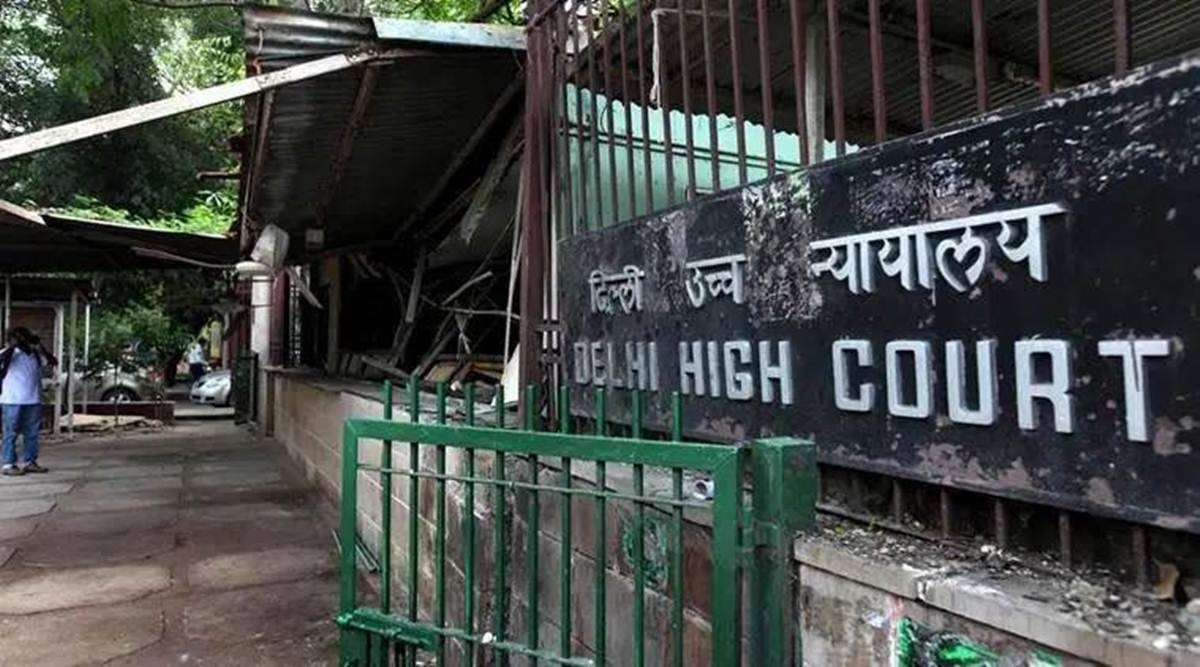 Justice Yogesh Khanna in the order directed Sharma to provide his contact number and address to the police and also asked him to keep the location app on his mobile phone open all the time. (File)
Justice Yogesh Khanna in the order directed Sharma to provide his contact number and address to the police and also asked him to keep the location app on his mobile phone open all the time. (File)Ruling that an accused is entitled to default bail if the chargesheet is not filed within 60 days in offences where no minimum sentence is prescribed, the Delhi High Court on Friday granted default bail to journalist Rajeev Sharma, who is facing accusations of espionage under the Official Secrets Act in a case registered by Delhi Police’s Special Cell in September.
Justice Yogesh Khanna in the order directed Sharma to provide his contact number and address to the police and also asked him to keep the location app on his mobile phone open all the time. It also said he will not leave NCR without seeking permission of the trial court.
According to case details, Sharma is accused of having links with Chinese intelligence officers and having received funds from the foreign handlers for allegedly conveying to them sensitive information pertaining to national security and foreign relations. Sharma was arrested on September 14. Two other persons, a Chinese and a Nepalese national, were arrested by the police later.
Sharma last month moved a petition under Section 167(2) of CrPC before the lower court contending that he be released on default bail since 60 days allowed to the investigating agency for completion of investigation have ended but the chargesheet has not been filed. His plea was dismissed by a Patiala House Court Duty Metropolitan Magistrate on November 16 which said the time period of filing the chargesheet in the case would be 90 days.
According to the procedure under Section 167 (2) CrPC, an accused is entitled to bail in cases where the offence is punishable with death, imprisonment for life or imprisonment for a term not less than ten years, when the investigating agency fails to complete the probe within 90 days. The accused in other all cases — where the minimum punishment is less than 10 years — gets entitled for default bail on expiry of a period of 60 days. Sharma has been booked under Section 3/4/6 of the Official Secrets Act and the offences are punishable with an imprisonment which may extend to 14 years but there is no mention of minimum punishment in the law.
The order passed by the lower court was challenged before the High Court by Sharma. Delhi Police argued that where there is no minimum punishment prescribed and the maximum punishment is more than 10 years, then the chargesheet can be filed beyond 60 days but before 90 days from the date of arrest.
Justice Khanna said that the offence must have imprisonment “for a clear period of 10 years or more” and only then the provision allowing 90 days for completion of investigation would be applicable, adding that Sharma is entitled to default bail. “The Official Secrets Act…, entails punishment which may extend to 14 years, but the Section does not talk of minimum period of sentence and thus does not pass the test of clear period of 10 years or more… as such the period of challan in this case would be 60 days,” the court said.